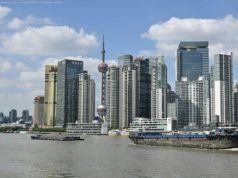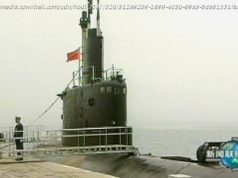Beijing’s greater influence over the expanded BRICS may come at Delhi’s cost, observers say.
At its summit meeting last week, the BRICS bloc – a multilateral group comprising the world’s major emerging economies – announced that six new member nations would be added to the forum.
This BRICS expansion, mainly driven by China amid its intensifying great power competition with the United States, is being seen by observers as Beijing’s attempt to turn the group into an anti-West platform. This creates a tricky situation for India, whose relations with the West are strengthening, observers say.
In addition, China’s possibly greater influence over the expanded BRICS is also a matter of concern for Delhi, they note.
Brazil, Russia, India and China – the major emerging economies predicted to dominate the global economy by 2050 – created the informal group in 2006. South Africa was included in 2010. BRICS has since become a forum for them to discuss economic issues concerning the non-Western world. Over the years, BRICS has created the New Development Bank as an alternative to Western-dominated institutions such as the World Bank.
There has been considerable interest among emerging nations about joining BRICS. South Africa, which held the group’s presidency this year, said that at least 22 of the 40 nations had applied to join.
Argentina, Egypt, Ethiopia, Iran, Saudi Arabia and the United Arab Emirates have been invited to formally join BRICS in January. Moreover, while the criteria for including new members were not made public, the doors were kept open for further expansion.
Observers have viewed this BRICS expansion process as having been largely steered by China. “I would read the pace and volume of expansion as artful negotiations by China,” Ziyanda Stuurman, senior Africa analyst at think tank Eurasia Group, told the Financial Times on August 25.
Sushant Singh, senior fellow at the Centre for Policy Research, said that this Chinese strategy was driven by Beijing feeling isolated in the Indo-Pacific because the United States has partners like India, and allies like Japan and Australia.






